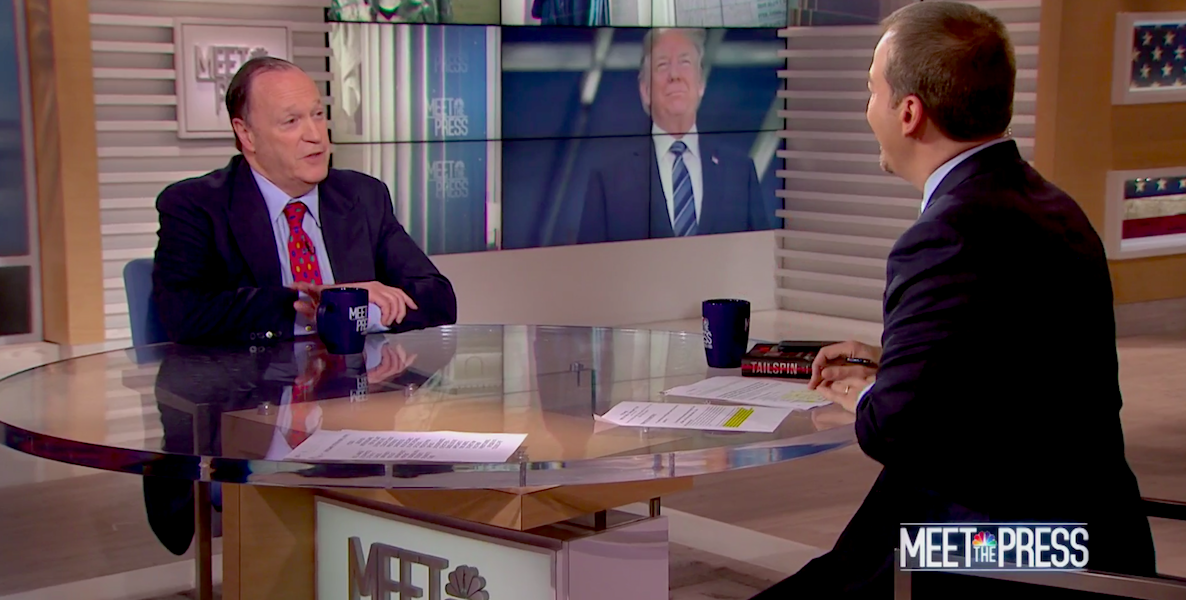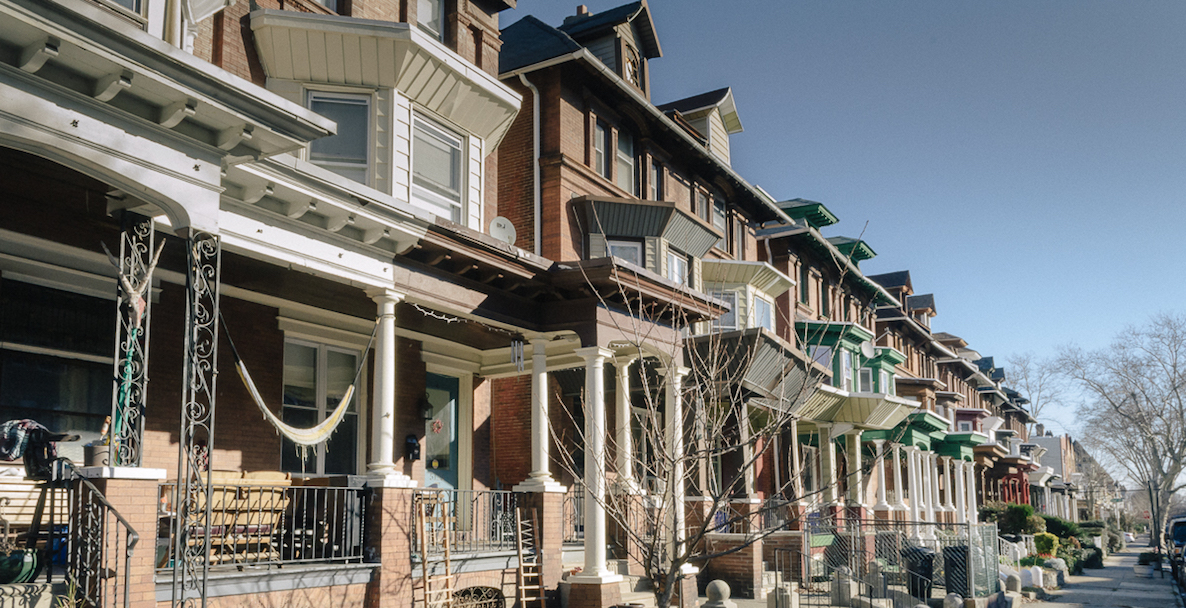We’ve been having some frustrating internal debates here at The Citizen. We’re taking part in Broke In Philly, a consortium of media outlets, all rightfully working to shed light on the shame that is our worst in the nation poverty rate. Yet, each time we profile a person or a program with some promise—as in today’s piece by Jill Harkins—we’re reminded just how intractable the problem really is, and how incremental our focus tends to be.
I’ve been feeling stymied. Focusing on a program here and a program there that works, or shows promise, runs the risk of painting a rosier scenario than we should. A little over 50 years ago, Lyndon Johnson declared war on poverty when the national poverty rate was 19 percent; some $5 trillion later, it’s 16 percent today. Isn’t it time to think differently about how to prosecute that war? I’ve written before that we need to confront poverty in a more pro-growth way, instead of always reverting back to raising taxes and redistributing; grow the pie, rather than share it in the form of ever-thinner slices.
This week, Paul Levy, CEO of the Center City District, wrote an important op-ed for the Inquirer that crystalized the case. Levy delves into the numbers and shows how our extreme poverty didn’t just happen. “From 1970 to 2015, the city added 100,000 people living in poverty—2,200 per year born, falling into, or arriving in poverty,” he writes. “But during that same period, Philadelphia lost more than 500,000 working-class and middle-income residents—about 11,000 per year—as our suburbs expanded jobs by 110 percent. So Philadelphia’s high poverty rate results in part from losing five times as many working and middle-class residents as new poor people were added.”
I reached out to Levy yesterday to talk about how so few of our discussions about poverty overlap with strategy sessions about economic growth. Here’s an excerpt of our conversation:
LP: What jumped out at me is that you walk us through how we got here, and you say that the numbers “highlight that this is a problem of jobs.” That seems elemental, but creating jobs doesn’t seem like it’s talked about when we talk about poverty.
PL: In some sense, all I’m doing is repeating that old adage, that the best cure for poverty is a job. That we’re a “Tale of Two Cities” story is a myth that lets us off the hook. We’re actually one city that is not growing fast enough. We’re growing slower than 23 of America’s largest cities. New York and Boston have rebounded much faster after the Great Recession, and they have much lower poverty rates. Forty percent of those in our neighborhoods are reverse commuting to the suburbs, following jobs. Here’s a really remarkable stat: 81 percent of households who moved out of Philadelphia since 2010 had no children. Now, maybe some were about to have kids. But clearly many were following jobs.
“We’ve seemed to have lost sight of the fact that tax policy is not just a way to raise revenue to pay for government programs, but also a way to stimulate growth by creating competitive conditions for all,” says Levy.
LP: You give Mayor Kenney credit for his emphasis on education. I agree. But when I was in Cuba, I saw a vastly over-educated and under-employed population—every cab driver had a Master’s Degree—because where there’s no free enterprise, there are no jobs.
PL: That’s right—it’s not either/or, it’s both. We seemed to have lost sight of the fact that tax policy is not just a way to raise revenue to pay for government programs, but also a way to stimulate growth by creating competitive conditions for all.
LP: Hence, the plan you and Jerry Sweeney and a coalition of forward-thinking leaders are advocating for, taxing what can’t move—buildings—and redirecting dollars to lowering the wage tax, making it easier for businesses to compete, grow and hire.
PL: That’s right. Let’s go back to the ‘90s, let alone the ‘60s—we have to realize we’re not going to get the same amount of help from the federal government. Nor is the state coming to our rescue. We’ve got to grow our own economy.
LP: I’m encouraged that leaders like Councilwoman Cindy Bass are coming forward with alternative fiscal plans that would make budget cuts rather than raise taxes. That strikes me as a new way to think about running city government. But I’ve also been wondering whether, by profiling small scale poverty interventions, we’re underscoring old approaches.
PL: A lot of the small scale stuff is good and can help. It just can’t happen in isolation. We also need policies that grow the larger economy and lead to jobs.
Photo via Flickr








